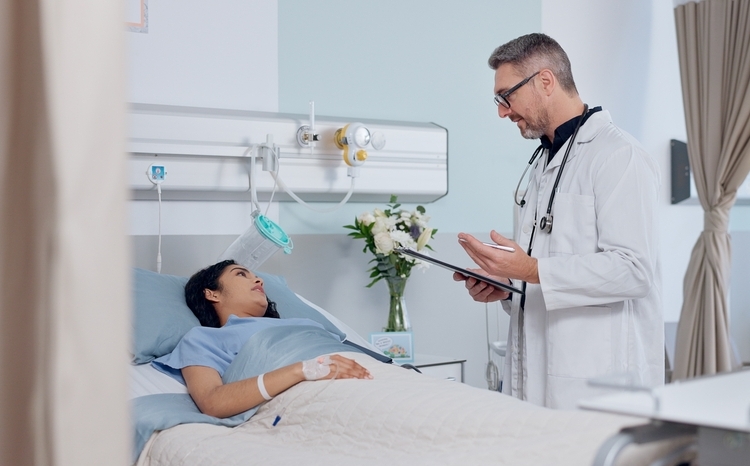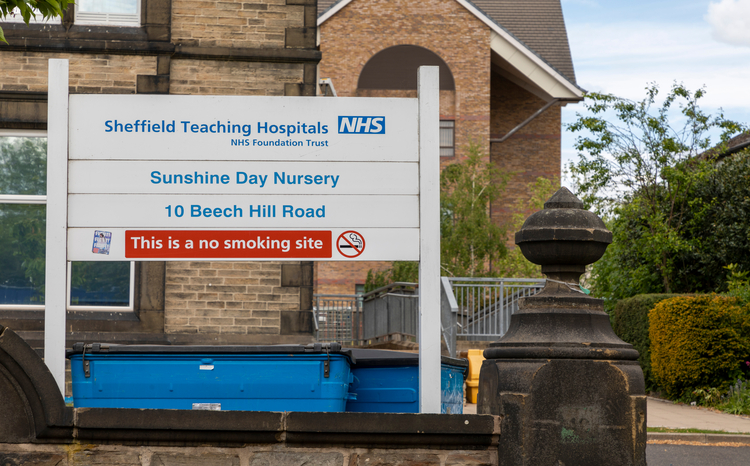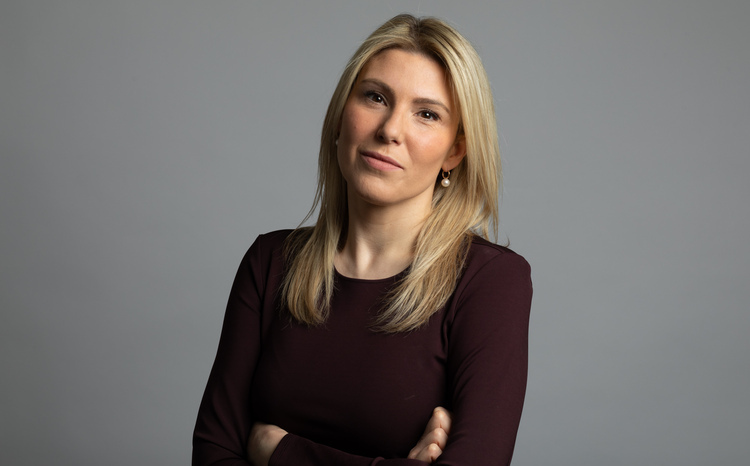Tweeting medics breach confidentiality
- 2 October 2009
Medics posting gossipy messages and stories about patients they encounter on networking websites like Facebook and Twitter are routinely breaching confidentiality rules.
The US study found that many medical students are using web 2.0 applications to post unprofessional content online, including violations of patient confidentiality.
Few medical schools yet have policies to address the problem of a set of technologies that have become commonplace in just a few years, says the study published in the Journal of the American Medical Association.
It highlights the challenges of devising and enforcing policies to maintain and respect patient confidentiality in an era of web 2.0 and rapidly evolving new channels of digital communication.
Trainee doctors may believe that messages and stories they post about patients may be anonymous, but even when not named individuals can often be identified. Failing to respect doctor-patient confidentiality on blogs and social network sites may harm both the patient and future career of medics.
Over half of 78 US medical schools studied had reported cases of students posting unprofessional content online. One in 10 of these contained frank violations of patient confidentiality.
Most were blogs, including one on Facebook, containing enough clinical detail that patients could potentially be identified. According to the study many of the postings included offensive language or discriminatory language.
The US study also found sexually explicit material and photos showing drunkenness or illegal drug use were also commonplace.
While most incidents resulted in informal warnings, some were said to have resulted in students being dismissed from their medical school.
The researchers, led by Dr Katherine Chretien of the Washington DC VA Medical Center, said medical students may not be aware of how online posting can jeopardise their future careers.
Dr Chretien’s team recommended that medical students be taught as part of their training about the risks associated with making postings on the Internet.
As part of this training they should be shown how to elect privacy settings on social networking sites and should be told to perform periodic Web searches of their own name to vet listed online content.
A spokesman for the British Medical Association told the BBC: "Patient confidentiality is paramount and medical students and doctors obviously need to be very careful about any information they post online."




